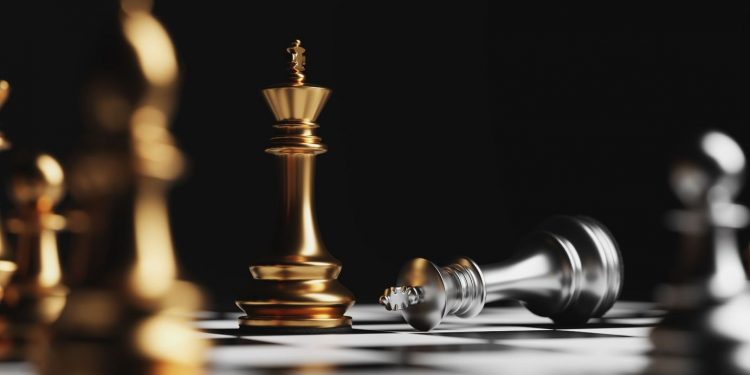Bhubaneswar: Following the path of grandmasters, the younger generation of India has begun opting chess over outdoor games and digital engagements. Chess, which is one of the most ancient, intellectual and cultural games is an affordable and inclusive activity, can be exercised anywhere and played by all, across the barriers of language, age, gender, physical ability or social status, said Pooja, a mother whose two sons are passionate about learning chess.
“Chess is a global game which promotes fairness, inclusion and mutual respect, and nothing in this regard can contribute to an atmosphere of intolerance and misunderstanding among people and nations”, said Satya Ranjan Pattnaik, International chess coach and founder-secretary of SR Chess centre, Odisha. “Padmini Rout, Debasish Das and many others developed the grassroots learning from here,” he added.
Pooja said, “Both my sons Surya and Omish are more focused in chess and exploring their limits than in academics. My elder son Surya has been learning chess since he was 2 and has already played inter-school state tournaments. He has attended more than 50 tournaments. My younger son Omish has bagged under 6 prizes in every tournament that he has attended. Satya Ranjan Pattnaik earns the credit of being the instructor and guide to the young lads”, she said.
“A major observation that I could notice in my sons is that their personality developed a lot. They have been more focused, filled with patience and skillful in their everyday life. It is my suggestion to all the parents to let their kids to develop an interest towards chess rather than unnecessary digital engagement”, she added.
“I started my chess journey in our sports-loving state Odisha and it has been my honour and pleasure to win medals for my state and country. We are seeing a lot of progress in all the sports in our state. There has also been a lot of interest in chess and I am sure we will see more development in coming future”, said grandmaster Padmini Rout.
She further said, “Chess, as we all know, is not just a game; it’s a field of intellectual combat that enhances your cognitive skills, strategic thinking and problem solving abilities. It teaches us that every move we make has consequences and it’s our responsibility to anticipate and work through them.”
“Incorporating chess into the school curriculum is an initiative that can bear fruitful results in the cognitive development of students. I urge schools to establish chess clubs and conduct regular tournaments and incorporate chess lessons into their curricula. This will help kids learn strategy, foresight and patience and develop leadership skills,” Padmini added.







































